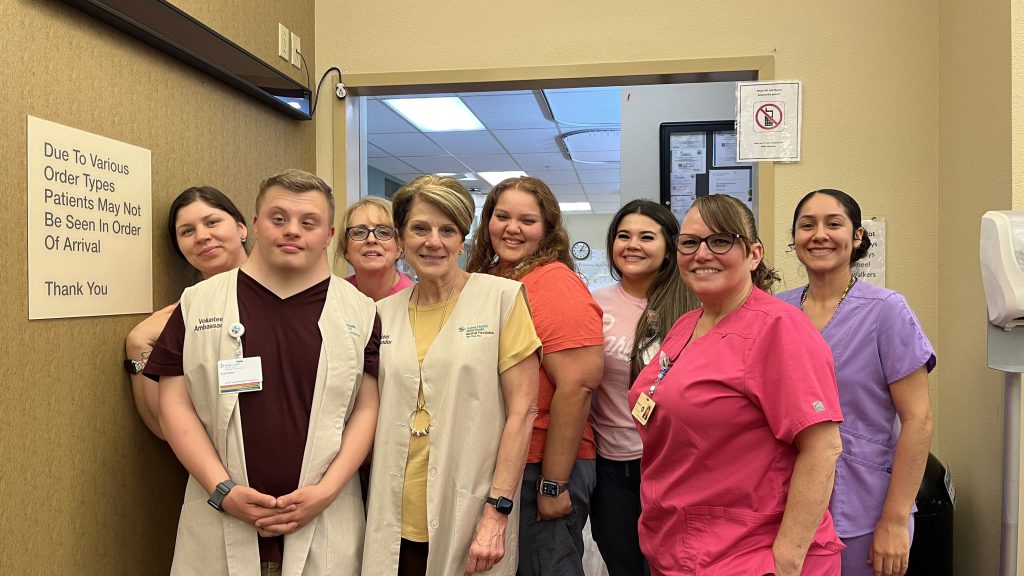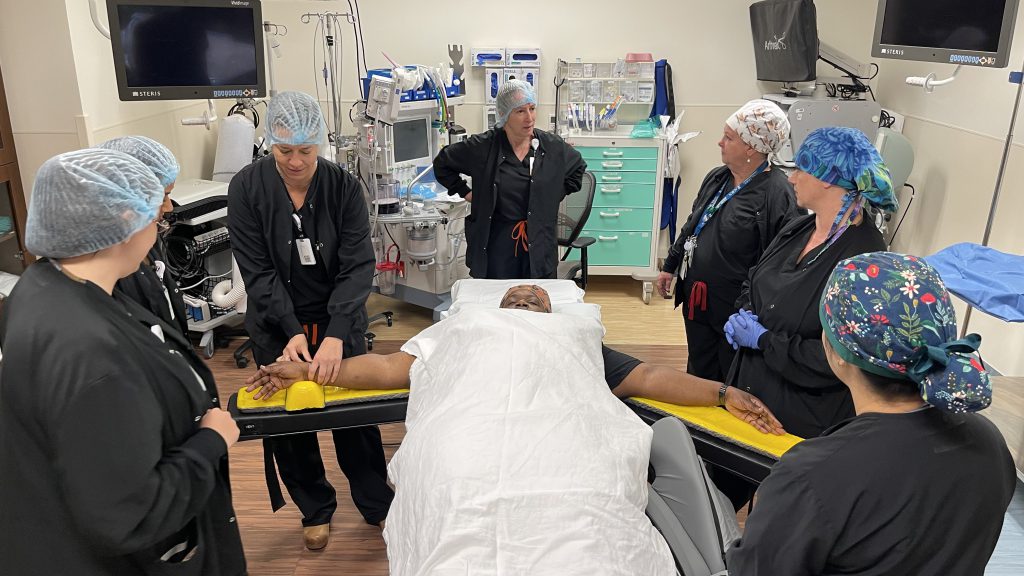By Marycon Young and Liz Madison, Vitals contributors
A teenager’s bedroom—once a safe haven for young people—transformed in the time of COVID. Rather than serve as sanctuary, bedrooms morphed for many into lonely places of isolation. A recent photo essay in The New Yorker highlighted the impacts of the pandemic among New York teens, featuring them in the places they have hibernated in off and on since 2020. They are quietly heartbreaking visuals of a youth mental health crisis personified, which the U.S. Surgeon General declared late last year.
Mental health experts suggest parents and guardians continue to keep their doors open to young people at this time of transition. Even as society shifts gears from pandemic to endemic status, the mental health impacts of the virus can still linger for a considerable time.
What Parents and Caregivers Can Do
For parents and caregivers, it is important to monitor any changes in mood or behavior of young people. It can help to regularly talk with them about their concerns and associated emotions.
“Listen to them while validating their concerns,” said Dr. Mercedes Kwiatkowski, child psychiatrist with Palo Alto Medical Foundation in the Bay Area. “They may then feel more open to talking about their feelings, which allows for further conversation about what might help with their situation.”
In a series of consumer surveys and interviews, one in four Gen Z respondents (25%) reported feeling emotionally distressed, almost double the levels reported by millennial and Gen X respondents (13% each). It may not serve as a surprise that child advocacy groups cited dramatic increases in emergency department visits for all mental health emergencies, including suspected suicide attempts.
By establishing a trusting and ongoing rapport, Dr. Kwiatkowski said caregivers create places where young people feel safer. Adults can help guide the young person to seek the support they may need whether it is through a school guidance counselor, medical professional or other resources.
Dr. Kwiatkowski suggests that parents and caregivers still encourage youth and adolescents to speak on their own terms or ask them when they want to talk. Using affirming statements can also make young people feel more supported.
“Saying ‘I understand you’ or ‘I hear you’ is very impactful,” she said. “Listening and repeating back what’s heard is also reassuring.”
Mental Health Resources for Youth
There are many resources available to young people, parents and caregivers to support mental well-being.
- Scout by Sutter Health™, an everyday resilience-building tool for youth ages 12-26 and their caregivers. Once signed up, as either a participant or caregiver, the Scout team will reach out via text to start the 12-week online program. Access to the platform has been made possible through the philanthropic support of Sutter Health donors.
- The Jed Foundation’s Mental Health Resource Center provides essential information about common emotional health issues and shows teens and young adults how they can support one another, overcome challenges, and make a successful transition to adulthood.
- Mental Health America has resources on child and teen mental health, including assessments for youth and parents to identify whether their emotions might be a sign of a mental health issue.
Note: This content is not intended to be a substitute for professional medical advice, diagnosis or treatment. Always seek the advice of your physician or other qualified health provider with any questions you may have regarding a medical condition. Never disregard professional medical advice or delay in seeking it because of something you have read on this website.





